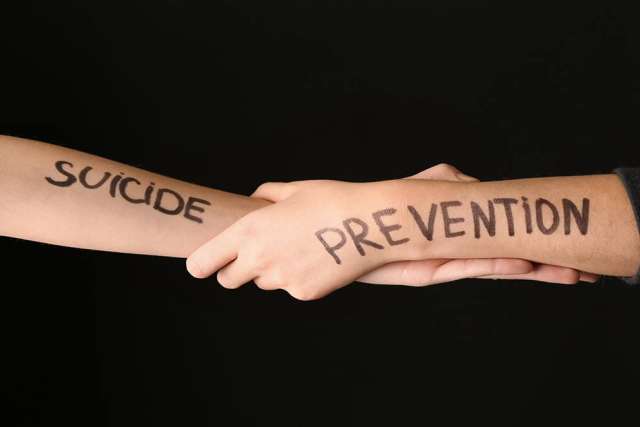
Welcome to our interactive guide on understanding teen suicide. This article aims to provide you with essential information, resources, and practical steps to help you support your teen and prevent the tragedy of suicide. Let's dive in:
1. What is Teen Suicide?
Teen suicide occurs when a young person takes their own life. It's a devastating event that impacts families, friends, and communities deeply. Understanding the reasons behind suicide and knowing the warning signs can help in prevention.
2. Why Do Teens Consider Suicide?
Teens may contemplate suicide for various reasons, including:
- Mental Health Issues: Depression, anxiety, bipolar disorder, and substance abuse are common factors.
- Stressful Life Events: Such as academic pressure, relationship issues, bullying, or family conflicts.
- Feelings of Isolation: Lack of social support or feeling misunderstood.
- Identity and Sexual Orientation: Struggles with self-identity or facing discrimination.
- Access to Means: Availability of firearms or easy access to medications.
3. Warning Signs of Suicide
It's crucial for parents to recognize warning signs that their teen may be at risk:
- Verbal Cues: Talking about death, suicide, or feeling hopeless.
- Behavioral Changes: Withdrawing from friends and activities, changes in eating or sleeping habits.
- Emotional Signals: Expressing feelings of guilt, worthlessness, or overwhelming sadness.
- Giving Away Possessions: Sudden generosity or unusual behavior regarding personal belongings.
4. How Can Parents Help?
As a parent, your support and understanding can make a significant difference:
- Open Communication: Keep lines of communication open with your teen. Listen actively and without judgment.
- Seek Professional Help: If you suspect your teen is at risk, seek help from a mental health professional or counselor.
- Remove Access to Means: Ensure firearms and medications are secured and inaccessible to your teen.
- Support Networks: Encourage your teen to build supportive relationships and seek help from trusted adults or friends.
5. Resources for Help
Here are some resources you can reach out to for support and guidance:
- National Suicide Prevention Lifeline: Call 1-800-273-TALK (8255) or text "HELLO" to 741741.
- Crisis Text Line: Text "START" to 678678 to connect with a trained crisis counselor.
- Local Mental Health Services: Contact local hospitals, community health centers, or school counselors for immediate assistance.
6. Interactive Activities
Let's engage in some interactive activities to deepen your understanding:
- Scenario Exploration: Read through different scenarios involving teen struggles and discuss how you would approach them as a parent.
- Quiz on Warning Signs: Test your knowledge on recognizing warning signs of teen suicide.
- Role-playing: Practice having open conversations with your teen about their emotions and struggles.
7. Preventing Suicide Together
Suicide prevention is everyone's responsibility. By staying informed, proactive, and supportive, we can create a safer environment for our teens:
- Educate Others: Share what you've learned with friends, family, and community members.
- Advocate for Mental Health: Support policies and initiatives that promote mental health awareness and access to services.
- Take Care of Yourself: As a parent, prioritize your own mental and emotional well-being to better support your teen.
Conclusion
Understanding teen suicide is complex, but with knowledge and proactive steps, we can help prevent this tragic loss of young lives. Remember, reaching out for help is a sign of strength, not weakness. Together, let's work towards creating a supportive and understanding environment for our teens.
Thank you for engaging with our interactive guide. If you have any questions or need further assistance, feel free to reach out to a mental health professional or use the provided resources. Your involvement can make a difference.
